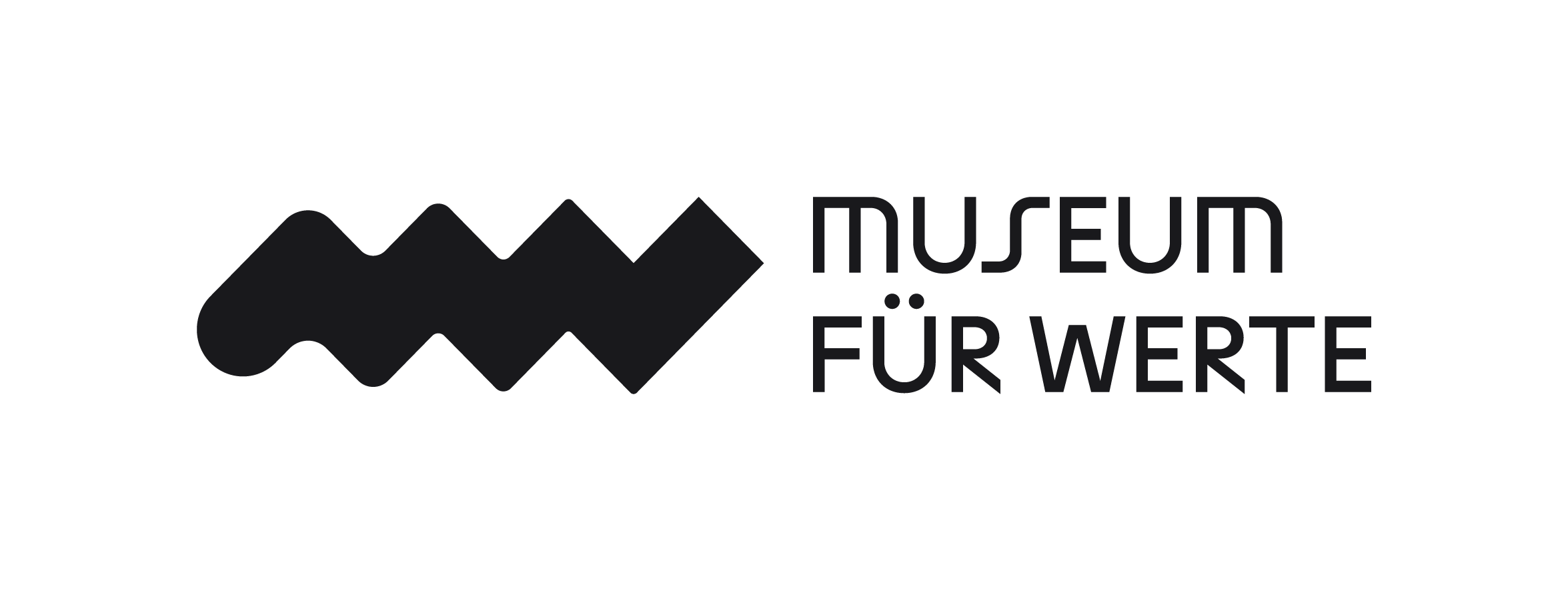Phillip Lovelace: A dialogue in Berlin about freedom, fashion and the moment that changes everything
What does freedom really mean? Imagine a light-filled studio in the heart of Berlin's creative subculture. Two worlds collided here: Phillip Lovelace, founder of the renowned agency BAM Communications, and Leon, a young creative just beginning his career. A conversation, initiated by the Museum of Values, quickly evolved from an interview into a profound reflection on life itself.
The link to the podcast.
The path to the vision: Fashion, streetwear and independence
Phillips's journey has been marked by international stops that immersed him deeply in the world of fashion and design – from studying in Amsterdam to working at Hugo Boss in New York. But his goal was always creative independence. Driven by this, he founded BAM Communications, an agency that is now deeply rooted in the world of streetwear and culture.
"The greatest freedom in my professional life would be the opportunity to decide for myself who I work with and how I work," he reflects. This quest for self-determination became the foundation of his entrepreneurial journey. But a dramatic experience would change his definition of freedom forever.
The moment that changes everything
In our conversation, Phillip shares a deeply moving story: a climbing accident in his early twenties. A fall that left him with a diagnosis of possible paraplegia. This moment of total vulnerability became his most important lesson.
"You quickly realize what's important when something as fundamental as the ability to walk is threatened," he says. The potential absence of physical freedom taught him to recognize life's true priorities. It was a wake-up call that fundamentally reordered his values.
Freedom means choosing your team
This profound experience continues to shape his leadership culture at BAM. For Phillip Lovelace, freedom is expressed not only in projects, but above all in the people he surrounds himself with. "We spend more time at work than with our families, so I want to be able to choose who those people are around me."
The result of this philosophy is a culture of respect and shared growth, leading to exceptionally long employee retention rates for the agency industry. It's proof that true professional freedom is rooted in meaningful human connections.
The new generation's perspective: travel, values and learning
Leon brings a different, but equally important, perspective. For him, freedom stems from a strong foundation—family, relationships, core values. This secure network gives him the courage to explore the world. He explains how traveling has broadened his understanding of freedom: "You think differently when you're in another country and realize how different living standards can be."
Another crucial point for him is the willingness to consciously restrict one's own freedom at times in order to grow. "It's important to have one's creative freedom restricted occasionally in order to be able to learn from the perspectives of others."
Conclusion: True freedom is an inner attitude
The conversation between Phillip and Leon shows that freedom is a dynamic force. It requires the courage to step out of one's comfort zone, an appreciation for the simple things, and a balance between independence and responsibility for others.
At the end of the dialogue there is a sentence by Phillip Lovelace that sums everything up and has a lasting impact:
"When you know who you are and what you want, you begin to experience true freedom."




